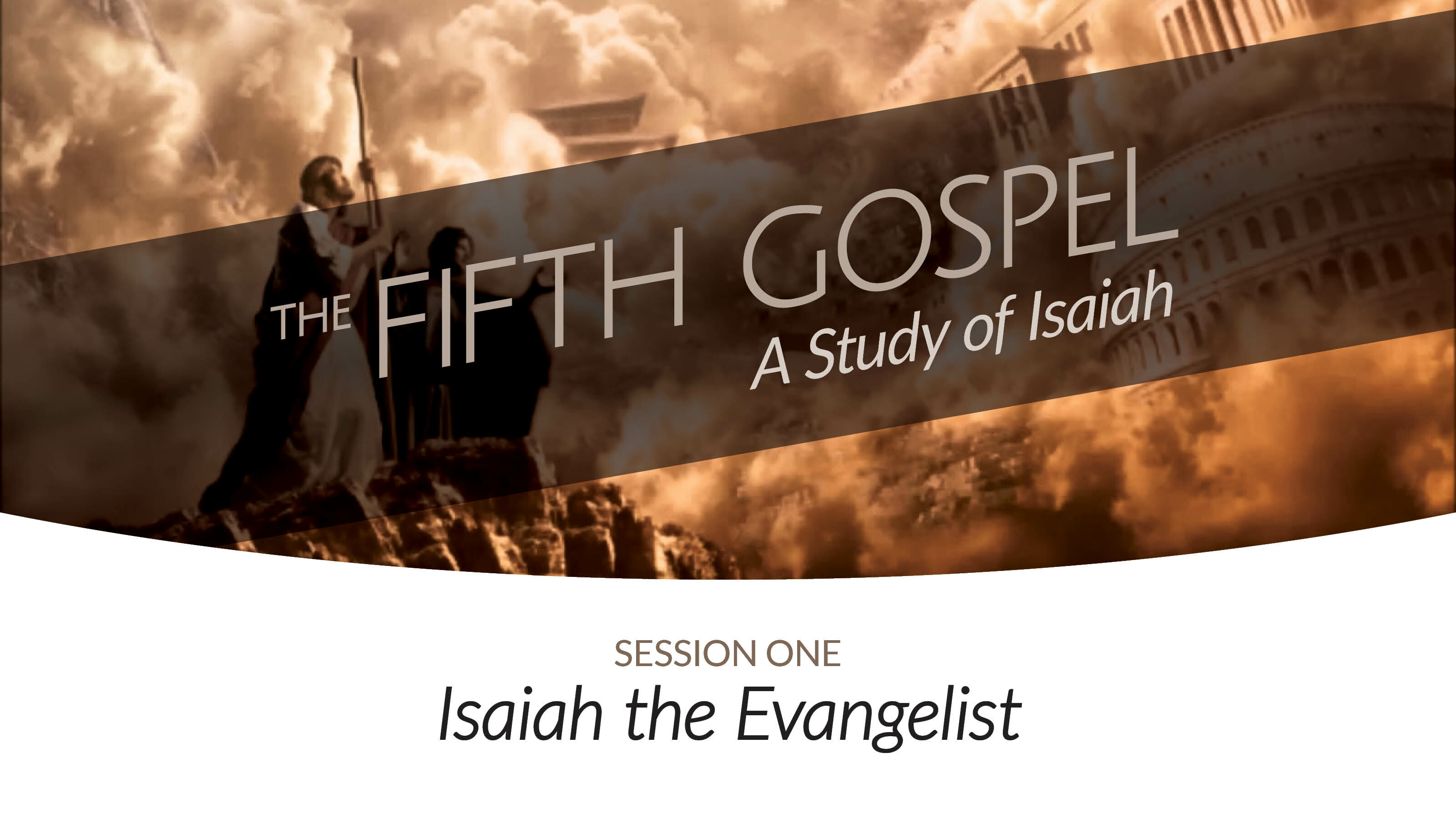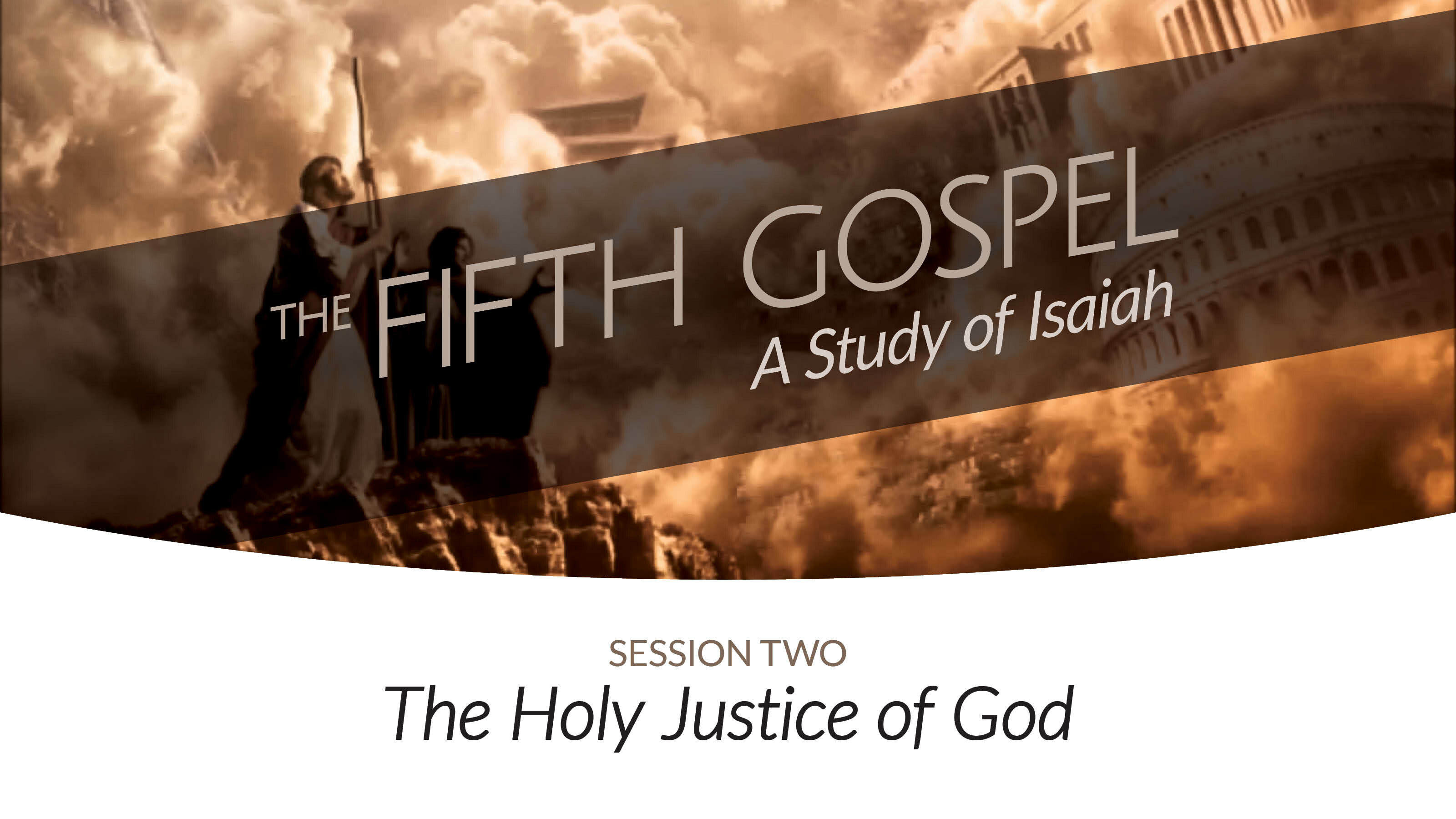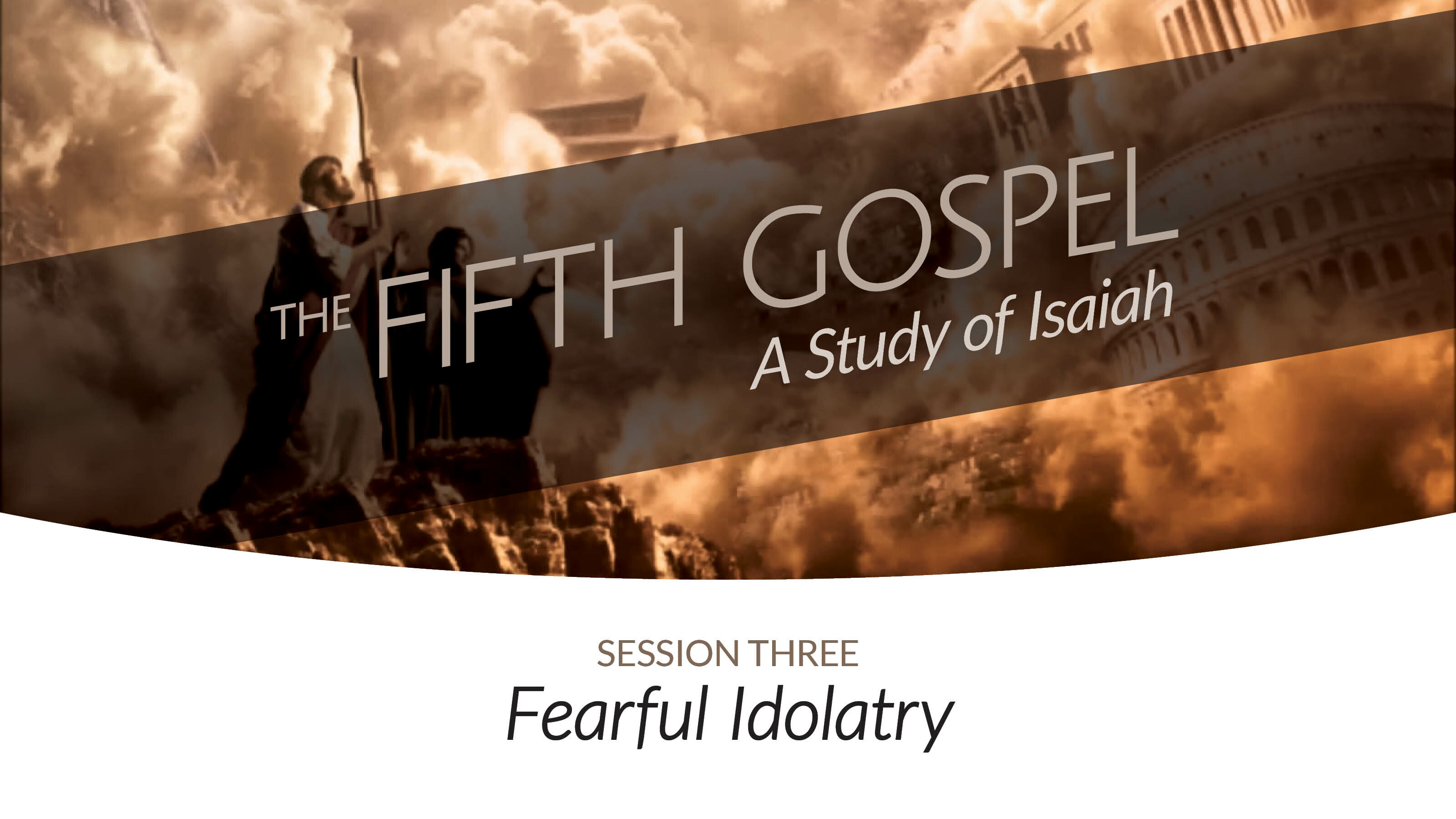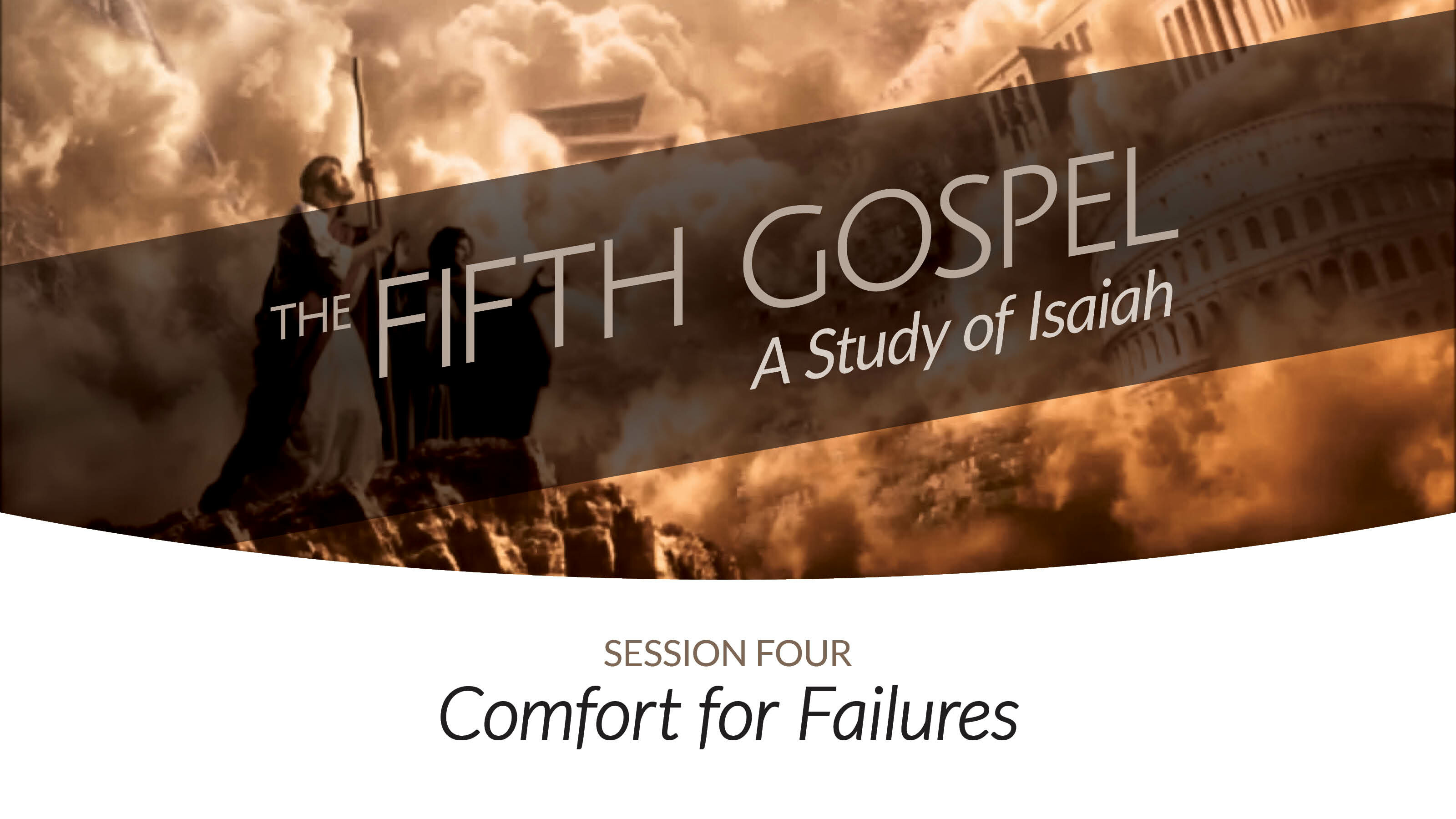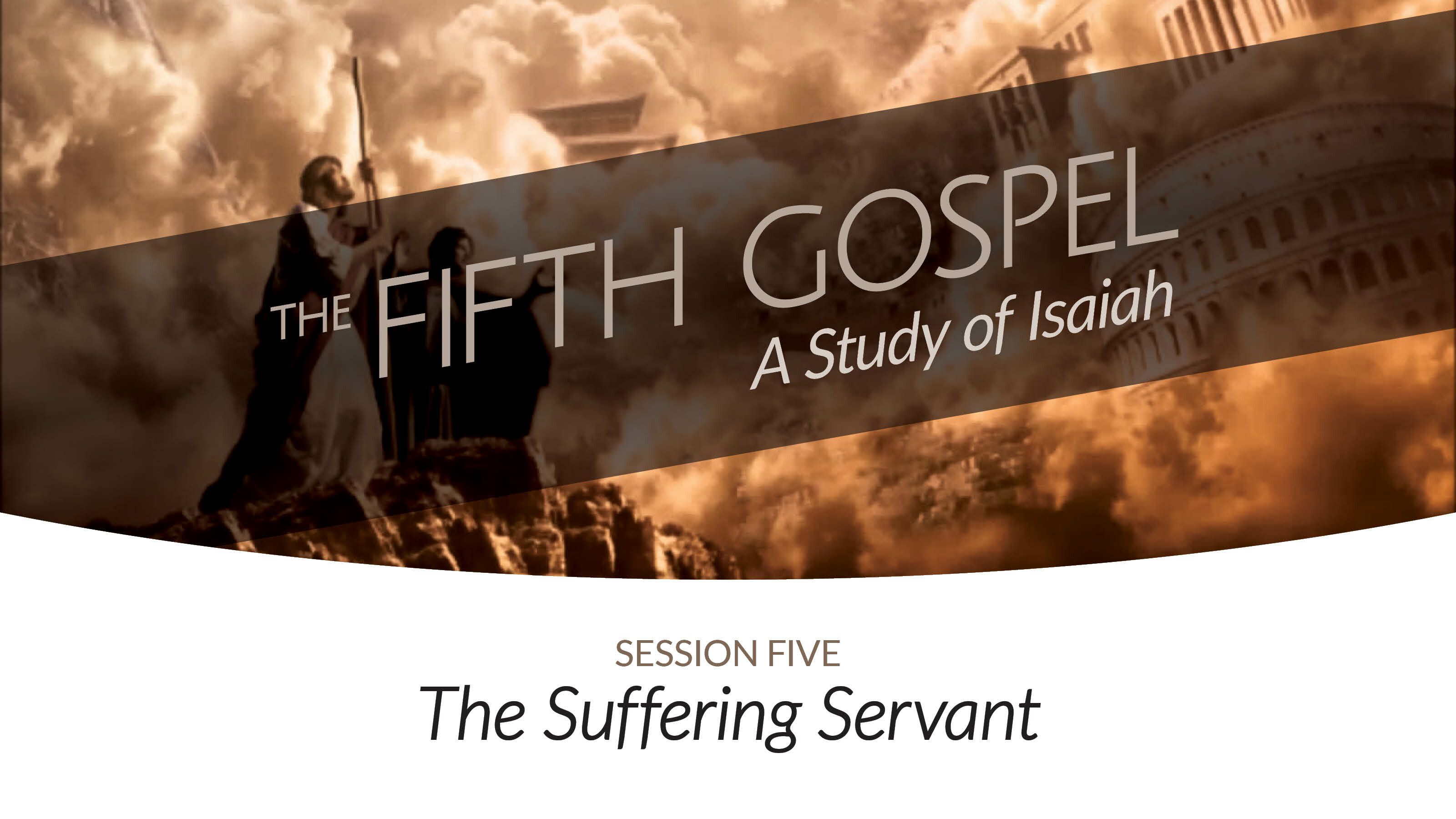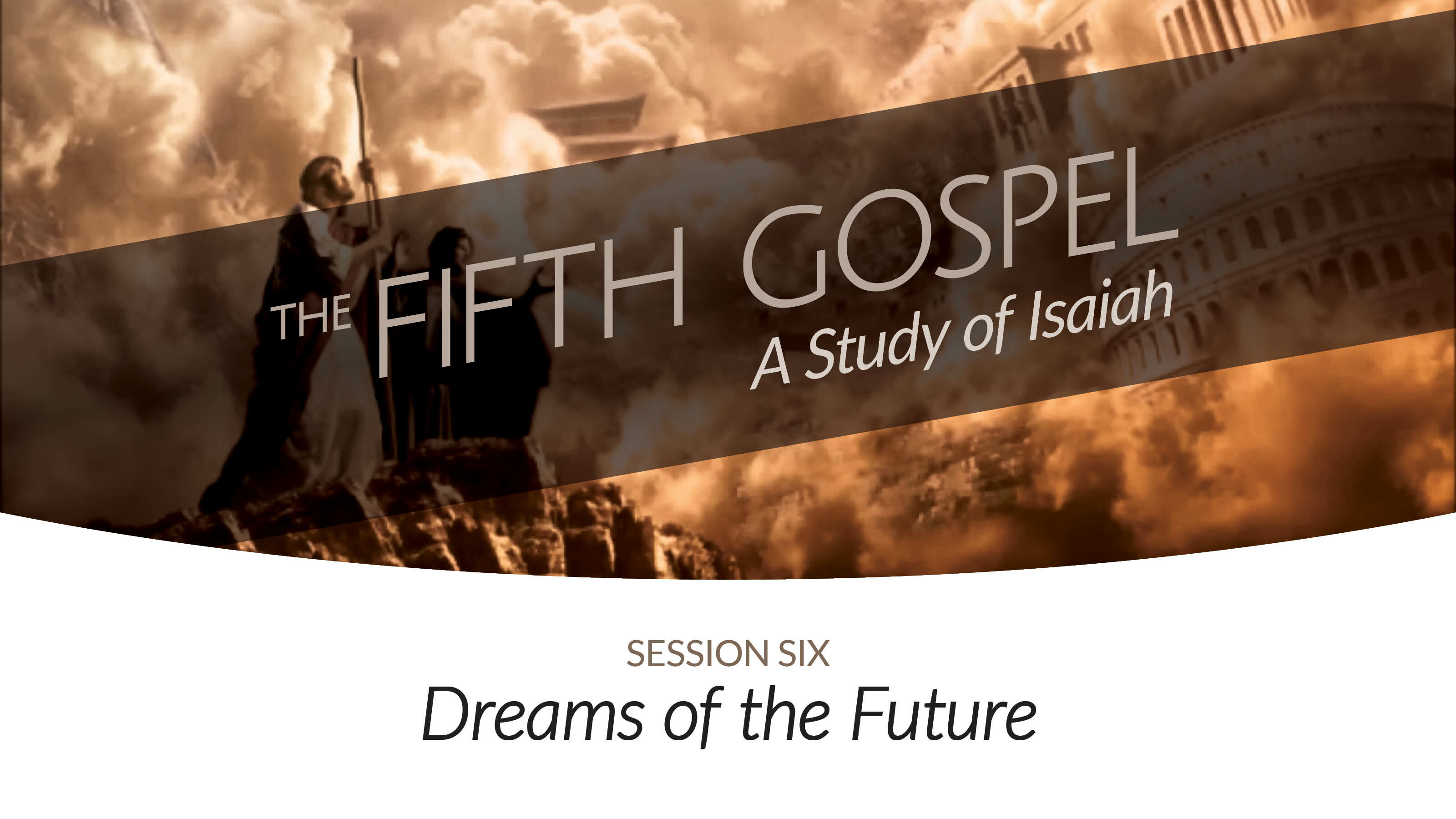Still can't find what you are looking for? Let us know how we can help.
Use the login below to access your InFellowship account.
Need an account?
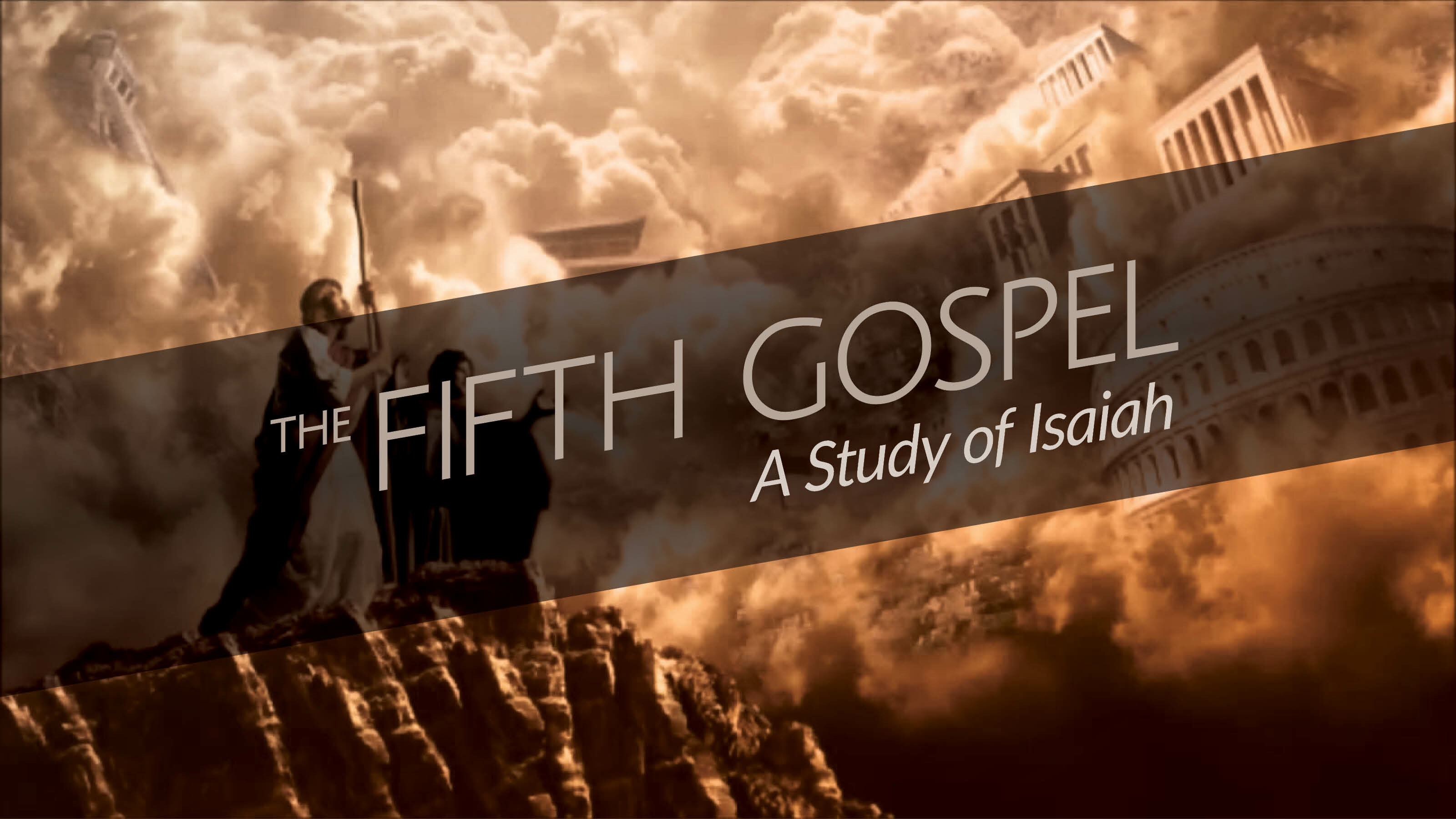
Study Description
What made the birth of Jesus in the first century so special? What made his death on a Roman cross so important? For centuries, Christians have searched the Old Testament for answers. The early church fathers found Isaiah’s prophecy of Christ’s birth, death, and resurrection so clear and profound that they gave the book a special nickname: the Fifth Gospel.
As we study this book together, we will discover how the book of Isaiah sheds fresh light on the central mystery of our Christian faith.
Details
- Length: 6 sessions
- Teachers: The Rev. Dr. Jonathan Bailes
- Leader's Guide: Discussion questions are available for small group leaders.
Access Leader's Guide
Watch the Series
1. Isaiah the Evangelist
The most often quoted or alluded to prophet in the New Testament is Isaiah, a book beloved by the church fathers, who sometimes referred to it as "the fifth gospel." Throughout history, Isaiah has helped Christians understand the good news of Jesus Christ. In this first session, we discuss what Isaiah "the evangelist" has to teach us about the tragic bad news of the human condition that precedes the gospel.
2. The Holy Justice of God
Isaiah contains a series of prophetic oracles describing the impending judgment of God against many nations. We may balk at these severe depictions of divine justice, but from the perspective of Isaiah, these judgments are themselves good news. The Holy One of Israel is coming to set things to right. In this session, we consider what these ancient oracles have to teach us today, both about the nature of God and about his gospel.
3. Fearful Idolatry
Idolatry is a major problem. The people of God habitually compromise their worship and obedience by giving themselves over to rival gods. Especially during times of national crisis, idolatry manifests in the pursuit of powerful kings and political alliances. Isaiah has much to say about idolatry in the era of Jewish kings, and we have much to learn from his example.
4. Comfort for Failures
Chapter 40 of Isaiah suddenly shifts in tone from critique to comfort. The people of God, despite their sins and failures, find a message of hope in restoration. In this session, we explore that message to understand its content and its basis in God's own unwavering determination and enabling speech.
5. The Suffering Servant
Isaiah's twin themes of judgment against sin and comfort for sinners sit in unresolved tension with one another for much of the book. How can we reconcile these two messages? In Isaiah 52, we find the answer in a faithful servant who bore the holy judgment of God in our place.
6. Dreams of the Future
Isaiah prophesies of a utopian future when conflict and violence will end, pain and sorrow will vanish, and humans will have peace and purpose. In many ways, this future hearkens back to humanity’s primordial past in the Garden of Eden, except that Isaiah focuses on life in a city. Directly challenging our mundane dreams, Isaiah bids us to hope for much more and live renewed in the knowledge and glory of God.
![]()
Find "Christ Church Studies" on Your Podcast Provider
Never Miss a Podcast
Get an email notification whenever Christ Church Plano releases new video and audio content on podcast or livestream. Customize which notifications you would like to receive.
